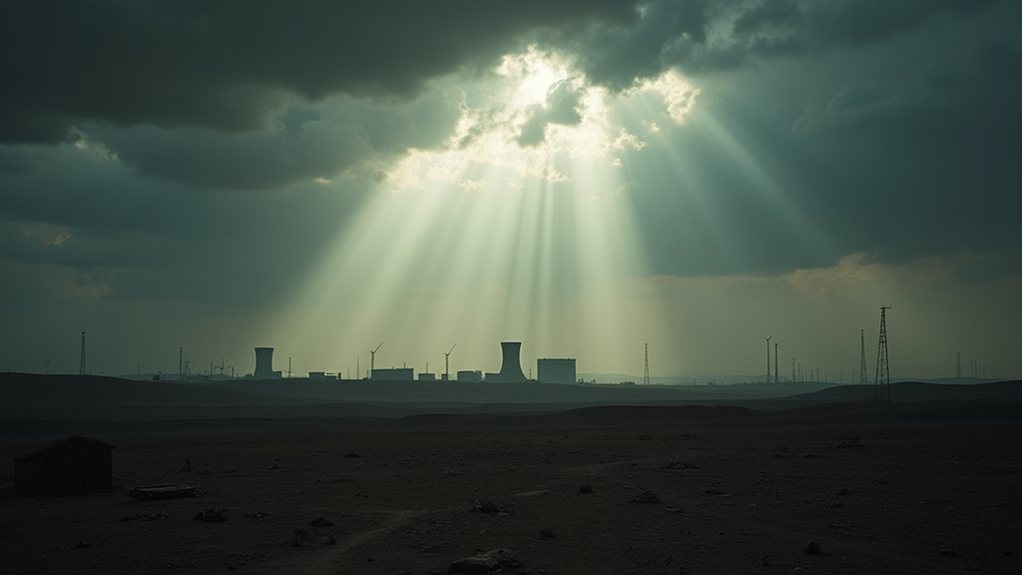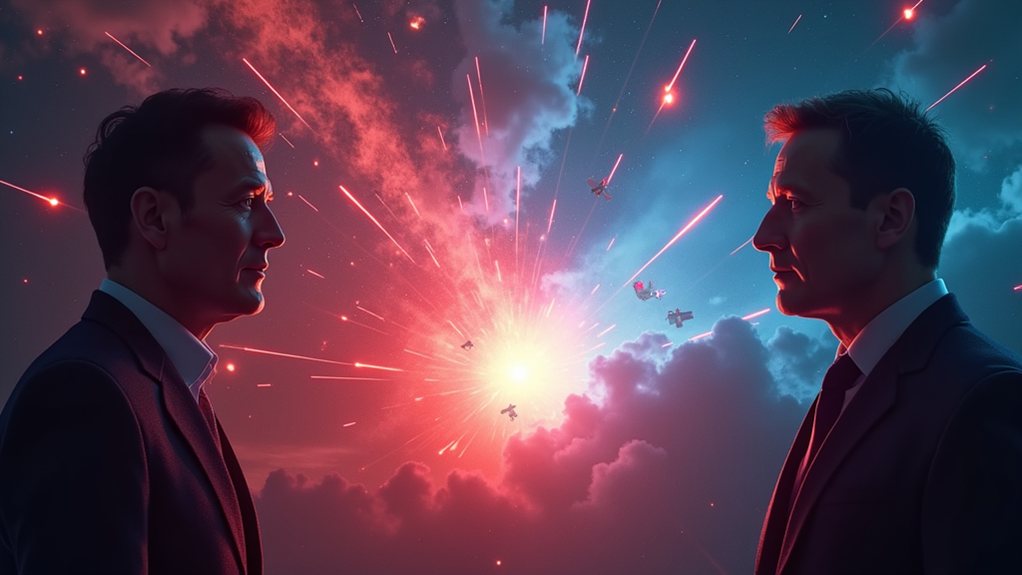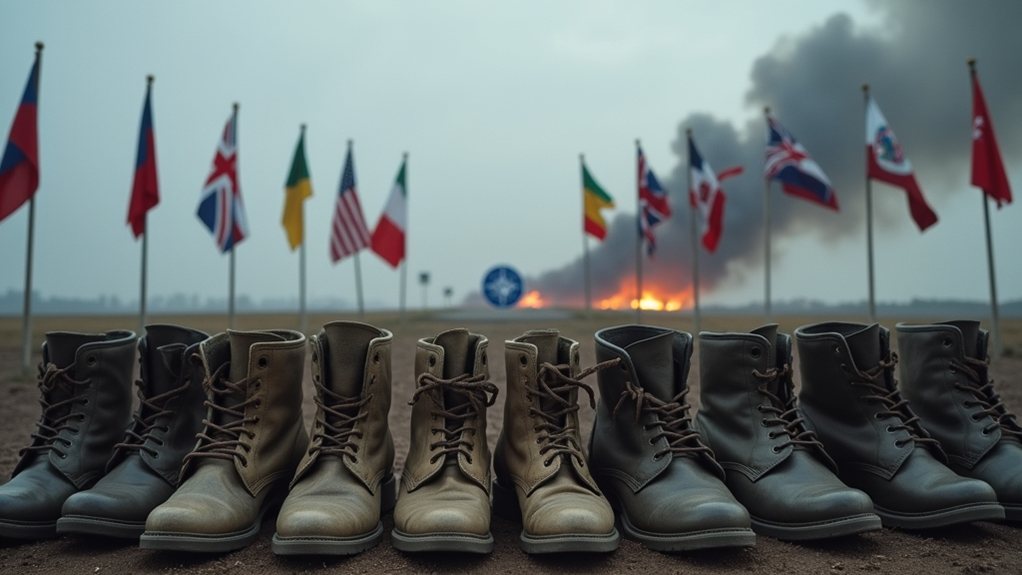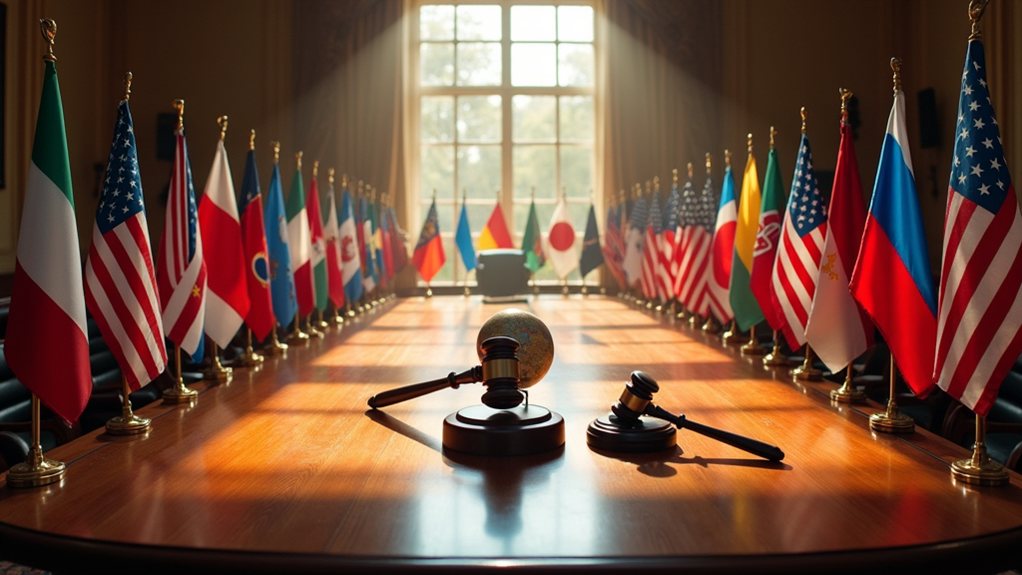Iran's Supreme Leader, Ayatollah Ali Khamenei, has rejected U.S. efforts for negotiations over Iran's nuclear program. Khamenei described the U.S. push for talks as "bullying," claiming that the intention was to impose restrictions on Iran rather than find a solution to problems. He firmly stated that Iran will not accept demands from what he called "bully countries."
Iran's Supreme Leader denounces U.S. negotiations as "bullying," asserting Iran's refusal to accept demands from "bully countries."
This response comes after former President Donald Trump sent a letter to Khamenei proposing a new nuclear deal. Trump warned that military action could follow if Iran did not agree to talks, suggesting that "final strokes" were approaching. Iran's refusal to engage in nuclear talks under the current U.S. conditions signifies a deepening rift between the two nations.
Under Trump, the U.S. reinstated a "maximum pressure" campaign against Iran, which aimed to curb its nuclear ambitions. Iran, meanwhile, continues to enrich uranium to levels close to weapons-grade. Reports from the International Atomic Energy Agency (IAEA) indicate that Iran has enough material for six nuclear bombs. Tehran's reported increase in its stockpile of near-weapons grade uranium has raised alarms among international observers.
While Tehran insists that its nuclear program is for peaceful purposes, it has accelerated its activities since the U.S. withdrew from the 2015 nuclear deal and reimposed sanctions. The tensions between the U.S. and Iran have been escalating since Trump's withdrawal from the nuclear agreement.
Iran has responded by expanding its nuclear activities, raising concerns about a potential military confrontation. Iranian officials, including Foreign Minister Abbas Araghchi, have stated that the nuclear program "cannot be destroyed." They emphasize that the technology is embedded in the minds of their scientists and cannot simply be bombed away.
Khamenei has set strict preconditions for any future negotiations. He has rejected any limitations on Iran's missile program or its regional influence. Experts warn that repeating the flaws of the 2015 deal could lead to further complications.
The situation remains tense as both sides appear entrenched in their positions, making it challenging to find a diplomatic solution.









